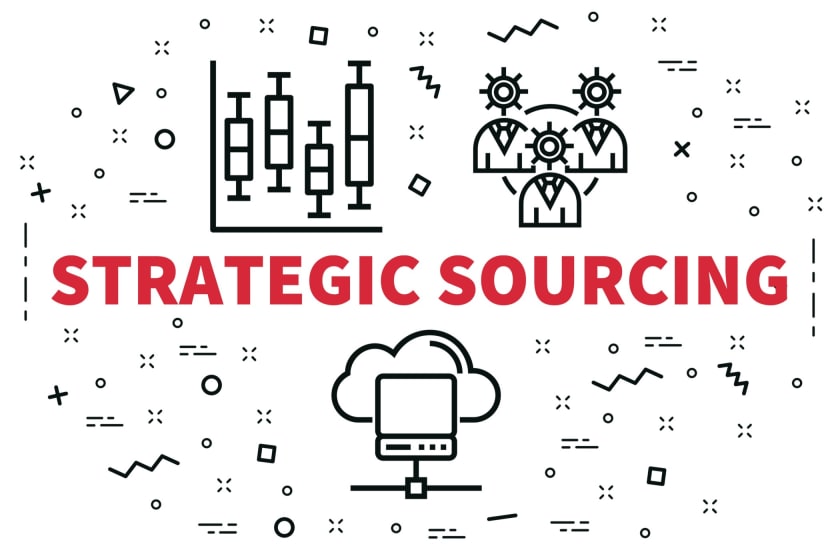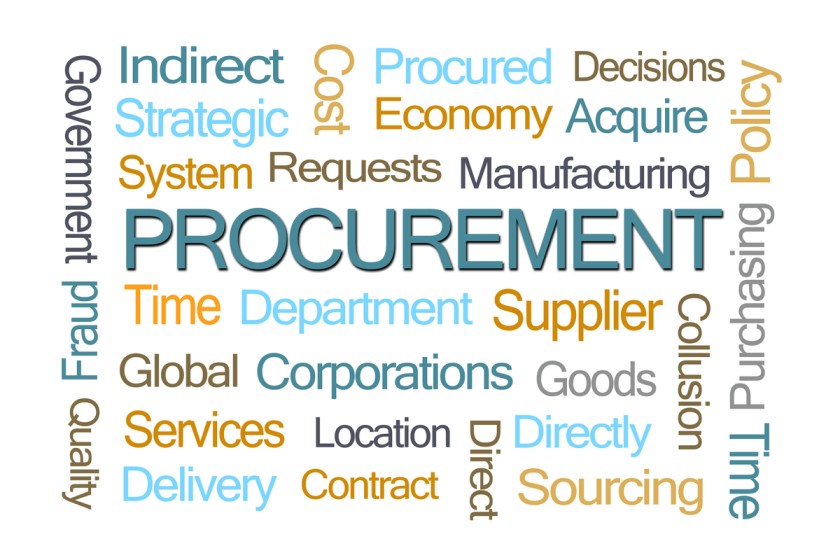5 Ways To Analyze and Calculate Costs of Procurement



The procedure of arranging conditions and terms for obtaining services and goods from external factors is known as the procurement system. Procurement management relies on procurement costs as a key performance indicator. It gives a logical method to assess the effectiveness of the overall procurement procedure, and because it is based on cost criteria, it has a significant influence on the foundation.
Procurement costs help lower the price of items while also enhancing the conditions of the vendor supply chain. Increasing profitability by lowering procurement expenses is a straightforward approach without compromising the performance of the goods given to clients.
Organizations can use a range of strategies to reduce procurement costs. They should comprehend the different kinds and elements of procurement costs, as well as the reasons for their occurrence.
How Does the Cost of Procurement Work?
With supplier procurement to acquiring the purchased products, procurement is the whole procedure of buying services or things for operational processes. Procurement budgets can occupy a significant percentage of a stock-based company's resources.
It's also worth noting that the concepts "buying" and "strategic sourcing" are frequently useful simultaneously, even though they are not synonymous. For example, buying is the act of gaining commodities on account of a firm, but procurement is the method of getting them. As a result, buying is just the numerous processes involved in the procurement procedure.
The procurement procedure includes the following factors:

- Acquisition planning
- Evaluation of specifications
- Sourcing in strategic sourcing (supplier choice and agreements)
- Funding
- The procedure of negotiating payment terms
- Contract administration
- Managing suppliers
- Stock Control
The following are the steps in a basic procurement procedure:
- Identify the product's requirements
- The buy requisition delivers to the company's buyer
- The demand is reviewed and authorized by skilled personnel
- The budget approves by the finance department, and estimate queries can submit to potential suppliers
- Meeting to negotiate on a project with the vendor
- The corporation receives services and goods from the supplier
- Buy orders, packing notes, and supplier receipts are all double-checked
- The corporation sends the supplier invoice payment
- Records keep for accounting and auditing
Here are five ways in which you can analyze and calculate costs of the procurement:
- Understand Costs By Using Comparison, Price Analysis, and Indicators
Comparison is a simpler technique than most others mentioned in this list. Just take the final price and compare it to the pricing offered by other vendors in the market for the same product. It is the most frequently used strategic sourcing, and it is usually used with items with defined costs.
If comparable market prices for the products or services aren't available, you can calculate procurement by using the price analysis approach. For this, all we have to do is duplicate the production process and apply a price estimate to every step. The outcome you get can then be used for comparison. Instead of a product purchase, the procedure for analyzing a service into its fundamental items (like goods, wages, and tools) and allocating a price to each is needed.
If the goods have a public market price, you can also consider using an indicator for determining if the proposed pricing is reasonable. Then it would be a matter of comparing the negotiated and average costs to see whether the expected prices are feasible. The method is a little more complicated than it seems, although, for the needs of this post, more discussion is unnecessary.
- Make Use of Technology
It's time to fix a firm's information and buying operations if they're still maintaining files. Although there can be an additional charge to set up these procedures, automating might save bills in the long run by allowing for more effective buying and the capacity to do the regular systemic review. A procurement model connects buying process with stock accounting and management systems. In addition, it ensures more accurate expenditure monitoring while lowering the time spent on such studies.
Today, there are many ways you can use technology to calculate and analyze your coasts. One way can be using spend analysis software. These applications allow users to store data from invoices and other financial information. Today, this method is slowly but steadily becoming a widely used one in many companies.
There are many types of software that you can make use of. For example, there is an in-house solution, which you can use on top of an existing solution. The other two commonly used methods are licensed software and software as a service. Each company has different needs. Before looking into any one solution, try to understand what your company needs and go for the one that will resolve your issues the best.
The software is also built specifically based on the size of your organization. For example, if you want software for your small business, you can opt for an operation that handles fewer data and is often sold as self-service software. On the other hand, if you want a software for an enterprise, you can opt for the ones that provide insights from the different sourcing options of the organization. These are usually sold as a software-as-a-service model.
- Manage Risks

Businesses run the risk of becoming overly reliant on their vendors. Ascertain that the procurement procedure does not rely primarily on the choices of a single significant vendor. Ensuring the contract remains offers the organization the autonomy and authority to control distribution network activities and decisions.
Maintains constant interaction to reduce problems? Furthermore, look for strategies to lower price prices by bargaining agreements that include valuable services such as free delivery or increased service contract terms.
Another way to lower your risks is efficient spending analysis data. It ensures that you can track better and identify the suppliers with non-contracted spending. You can also determine the categories where there are vendors without contracts.
The risk in the contract can be from inadequacy to scale up and deliver optimum volumes or lack of orders. Reduction in risks can lead to a lowering in costs as well. Compliance with the contract can bring in more savings. It also helps companies avoid disturbances in the supply chains because it allows organizations to effectively use the spend data.
- Spend Dashboard
A dashboard essentially allows its users to get a detailed view of a series of topics. A spend dashboard can help you get a view of all your spendings based on different parameters. Dashboards like this can be referred to as charts or even reports. There are many types of dashboards like the spend dashboard, supplier performance dashboard, sourcing performance dashboard, and process performance dashboard. The one that can help you look into procurement costs is the spend dashboard.
A spend dashboard can give you an overview of the company's spending, separated by category, supplier, and organization. When going for a spend dashboard, keep in mind that they should be flexible so that you can select and filter the data on the charts. When used properly, you can also use spend dashboards to get insights into goals and questions.
There are also procurement dashboards. They work in the same fashion and give an overview of the metrics that the procurement department needs. The first KPI of the dashboard display statistics about the suppliers, while the second shows the compliance rate per category. You get a detailed view of the procurement department's activities and help enhance the brand as well.
- Tail Spend Analysis
It refers to rogue expenditure or individual costing, which is asymmetrical and not sanctioned by the administration throughout procurement procedures. Companies can investigate purchasing data to determine who was responsible for the maverick expense, whenever it happened, and what has bought to minimize this sort of expenditure. It may also be beneficial to teach personnel on buying procedures and restrict access to buy cards because only the administration has authority to make purchases with vendors.
Tail spend is the small purchase that a company makes, and it consists of only a small portion of any organization's spending. It can, thus, be overlooked pretty easily. But these expenses can help manage any company's expenses substantially. It is especially common for bigger companies making a lot of money to overlook these expenses. Unfortunately, there is little understanding of what tail spend is and even lesser knowledge on managing this expense.
But, thankfully, with each passing year, companies are looking into it more and understanding how they can help their organization get more savings. One of the best ways to manage tail spend is by separating them from the strategic sourcing managers and using the right tools to maintain tail spend more effectively.
Conclusion
There seems to be a variety of definite other, least frequent price analytical techniques in addition to the regular mentioned here. However, these are somewhat commonly used since they can only be employed in specific situations. There's also no one-size-fits-all solution. Which strategic sourcing is ideal for post-negotiation evaluation will be determined by the particular condition of every procurement operation.



















